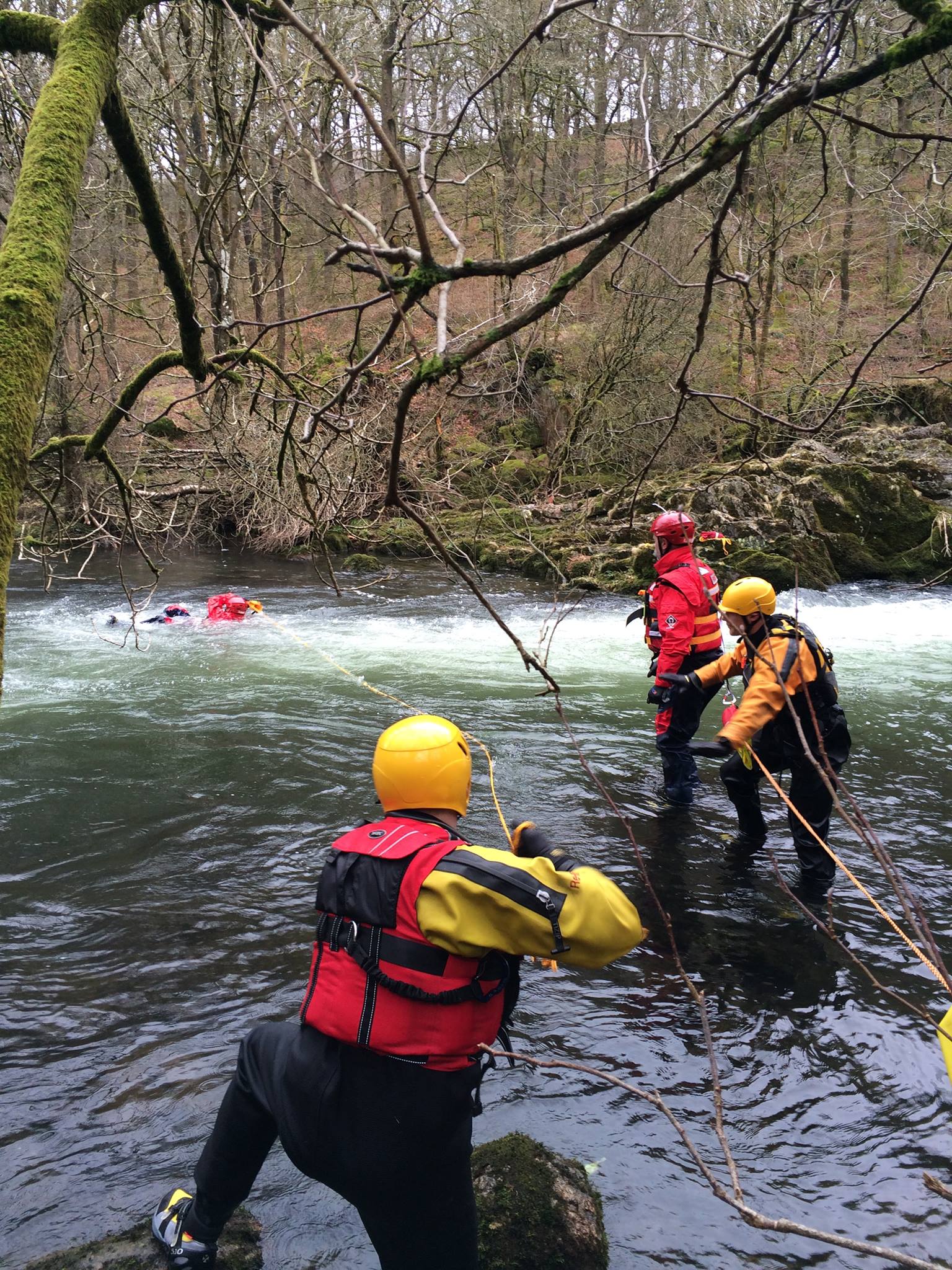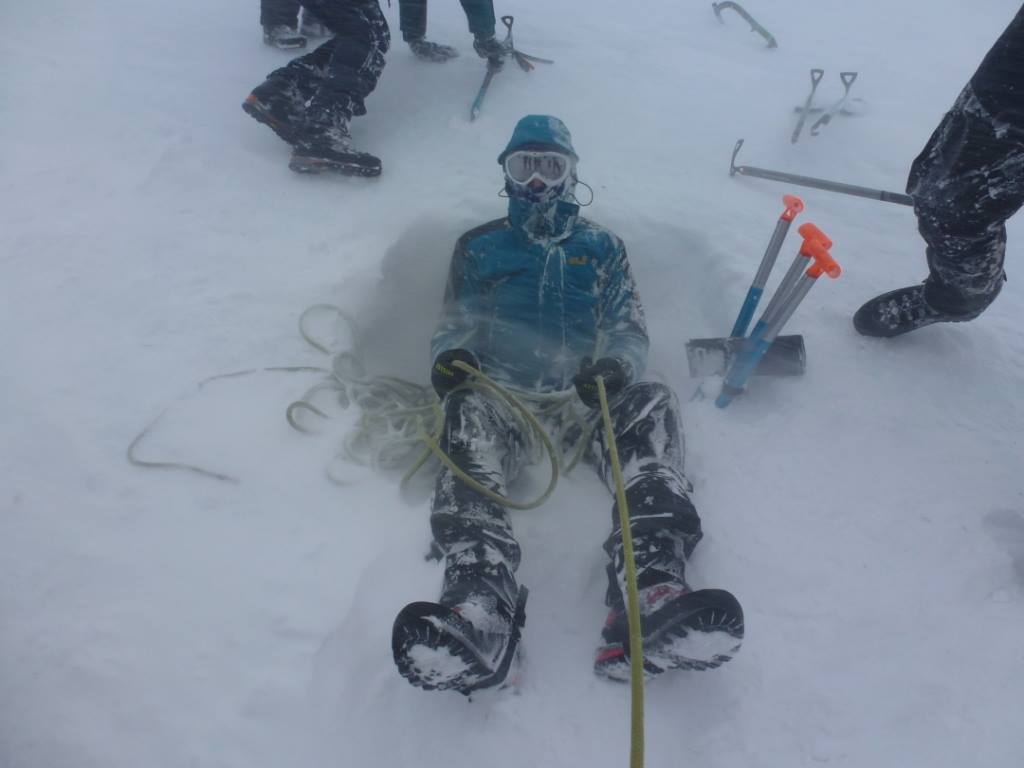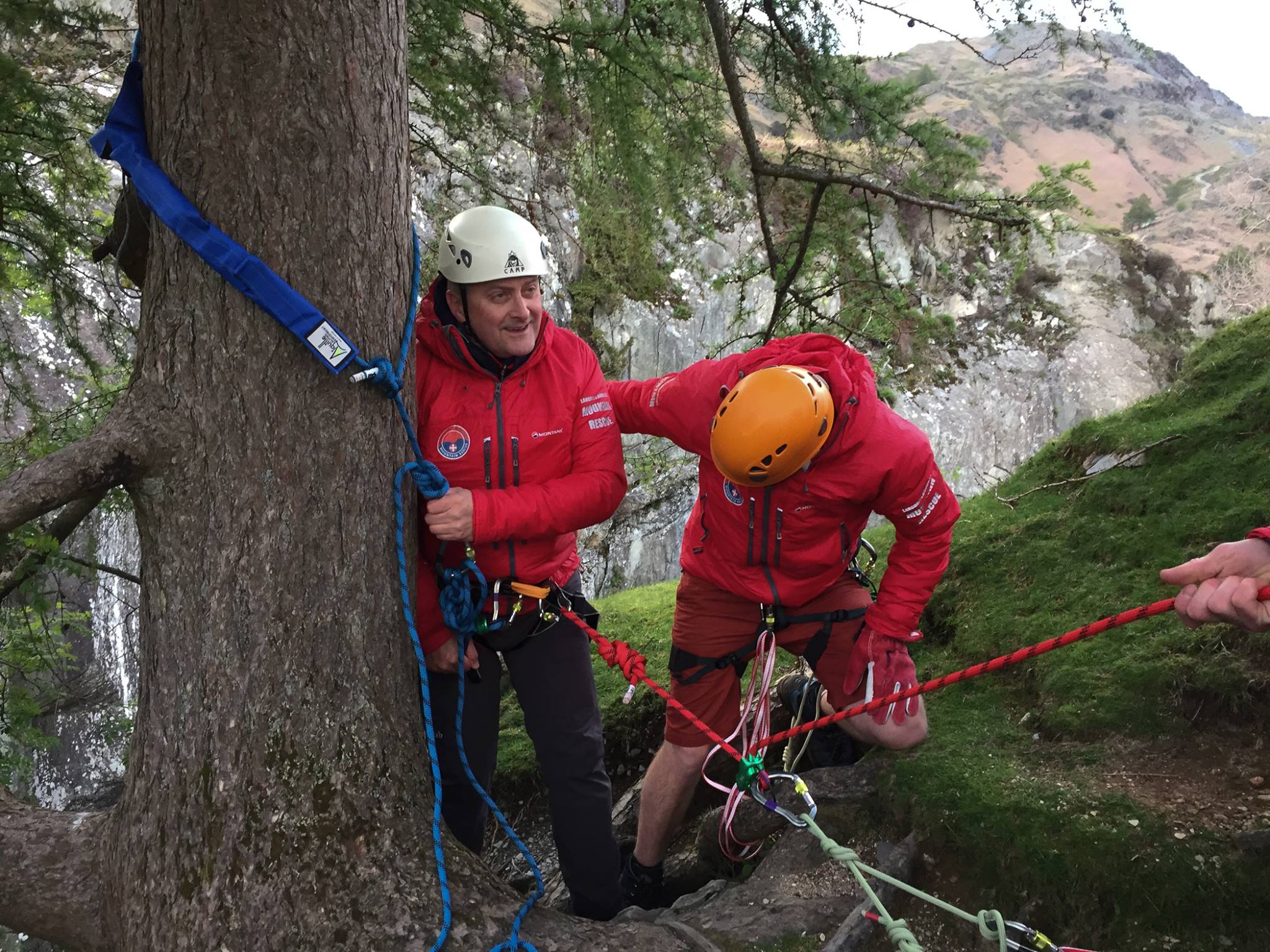Unlike many other teams LAMRT does not run a separate trainee specific training program. Instead we aim to make our general training sessions accessible to all levels of experience from brand new probationary members to team members with 40+ years of service.
Part of the Team’s approach to helping new members integrate into the Team is to include them in as much as possible and let them see everything ongoing within the Team. As part of this you will be added to the team email distribution list and WhatsApp groups shortly after joining the Team. This is the main way we communicate as a group and is not filtered for trainees.
Mentorship
You will also be assigned a mentor to help guide you through your training and offer additional one on one training sessions. The mentorship relationship is very important. Through one to one sessions and email contact, they will use their own experiences from being a trainee and being a team member to help support you through your probationary period. The aim of the mentorship program is to provide you with a point of contact in the team, go over things that might need more discussion, offer additional learning not covered in general training sessions and aid you in learning at your own pace. Your mentor will often talk about the kit we use and use their experience of rescues to bring it alive for you. The team has produced a Mentoring Handbook (shown below) which your mentor will use as a framework for discussions, meetings and one on one training sessions. If you have any problems with the mentoring programme or your mentor then please discuss this with the team's mentoring lead.
Swiftwater training at Skelwith Bridge waterfall
General Training
There is a comprehensive training programme that runs throughout the year involving 2-3 sessions a month. The majority of training sessions take place on weekday evenings at 7pm, with an odd Saturday or Sunday morning. The weekend times tend to be 9:00am-1pm. These sessions are out on the hill so come prepared with the right kit, a drink and a snack.
It is really important for you to attend as many sessions as possible in your probationary year, they will not be repeated for at least a year and although your mentor can discuss what was covered in the session, if it is a skill like rope work then it will be more difficult to arrange. Discuss this with your mentor. When attending a training session make sure that you sign the attendance sheet and keep your own record of attendance. At your 3, 6, 9 and 1 year review your training attendance will be reviewed. Keep a log of your learning points and anything you would like to discuss further with your mentor when you next meet.
Whilst being a trainee you are expected to attend a minimum of 50% of the team training sessions held in the period from acceptance as a probationary member up to the date of appraisal by the committee for suitability as a full member.
Once you become a full team member there is a minimum requirement of attendance at training sessions, see the guidance in the Rules & Procedures section of the website which state that: "The minimum commitment required by the Team will have been satisfied if, by the end of each calendar year, the Full Member has attended seven Team training sessions or such other numbers, in combination, of full Team callouts and training sessions as deemed to be appropriate by the Committee. Training attendance should include a cross-section of training, and a mix of indoor and outdoor sessions".
A trainee enjoying a great snowy day in Scotland
The general training programme covers a wide range of topics, for example :-
Avalanche
Winter skills weekend in Scotland (usually Feb)
Night navigation
Rigging for rescues
Bank side river rescue
General driving theory and practice
Off road driving
Steep ground movement
IT/Comms
Casualty care
Helicopters
Major incidents
Nick O back in his harness, checking all is 'good to go' before dropping off the edge
There will also be opportunities to do some more specialised training once you are a full team member in the areas of Rope Rescue and Swiftwater Rescue, winching and emergency driving. These tend to be 1-4 day courses and are run once a year. The Swiftwater course may be undertaken by trainees after discussion with the training officer.
Casualty Care (Cas Care) - Remote Rescue Medical Technician certification
Each team member is expected to undertake the Casualty Care exam. This is a much more advanced certificate than basic first aid. We run the Casualty Care programme with medical sessions as part of the general training programme and then a more focussed approach to practical sessions, casualty scenarios and self-directed study as the exam approaches. The exam usually takes place once a year in the first 2 weeks of December. Each team member has to be reaccredited every 3 years. The exam is on a Saturday morning and consists of a written Single Best Answer paper and 2 casualty scenarios (trauma and medical).
The team has developed an excellent revision guide for Casualty Care which we fondly call "Andy"s Book". Andy Caple has been the driving force behind the development of the book, which started as his own revision notes when he took the exam for the first time. Since then he has been working with the team doctor and others to develop it further into a really useful book for everyone. The book is also being used by most teams across the UK. LAMRT funded a number of print runs to give free copies to other teams and there has been a big uptake. To complement the book and to give us all a much more in-depth and rounded understanding of Cas Care issues there is a comprehensive section on this website, giving you more information and videos on practical skills. This is a must read section in preparation for your exam.
The Cas Care study guide
A question which faces every trainee is whether they should take the casualty care exam during their probationary period or wait until they become a full team member. The answer will depend on a number of things: where you are in your probationary year, how much training you have attended, whether or not the training officer and team doctor think you are ready to take the exam. Don't push yourself to do it, it's a lot of work and the more Cas Care you see on the hill the more relevant it becomes. Having the Cas Care exam allows you to lead the care on the hill, but all team members can help carry out the care under the supervision of a casualty carer. In reality we work together as a team and whilst the first people on scene will start the assessment process (Primary and Secondary surveys) and then determine treatment, many people will usually be involved.



